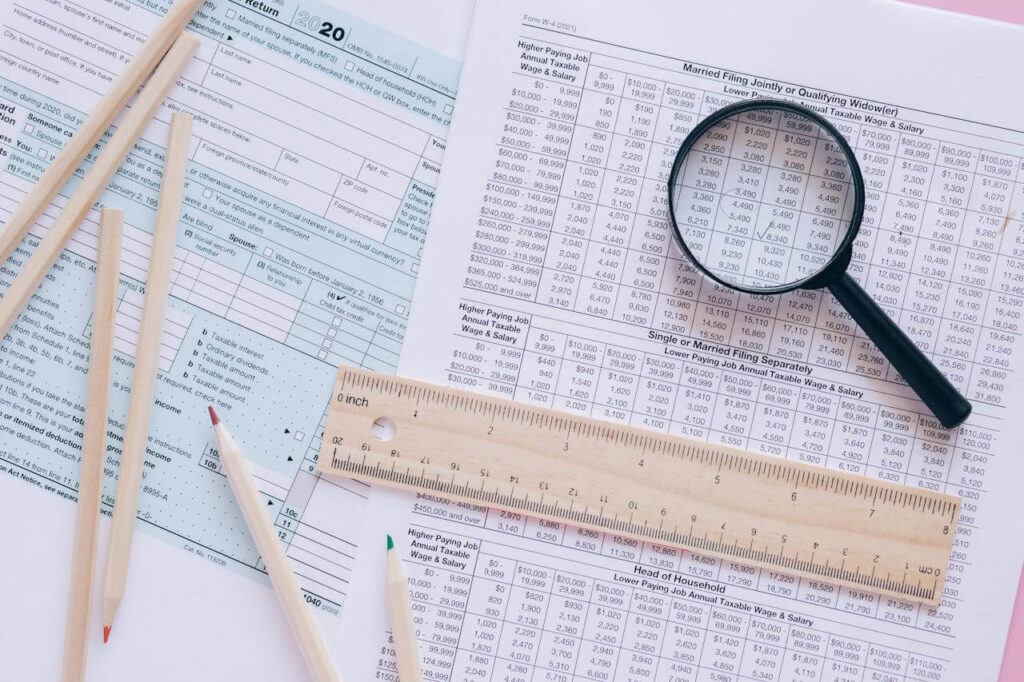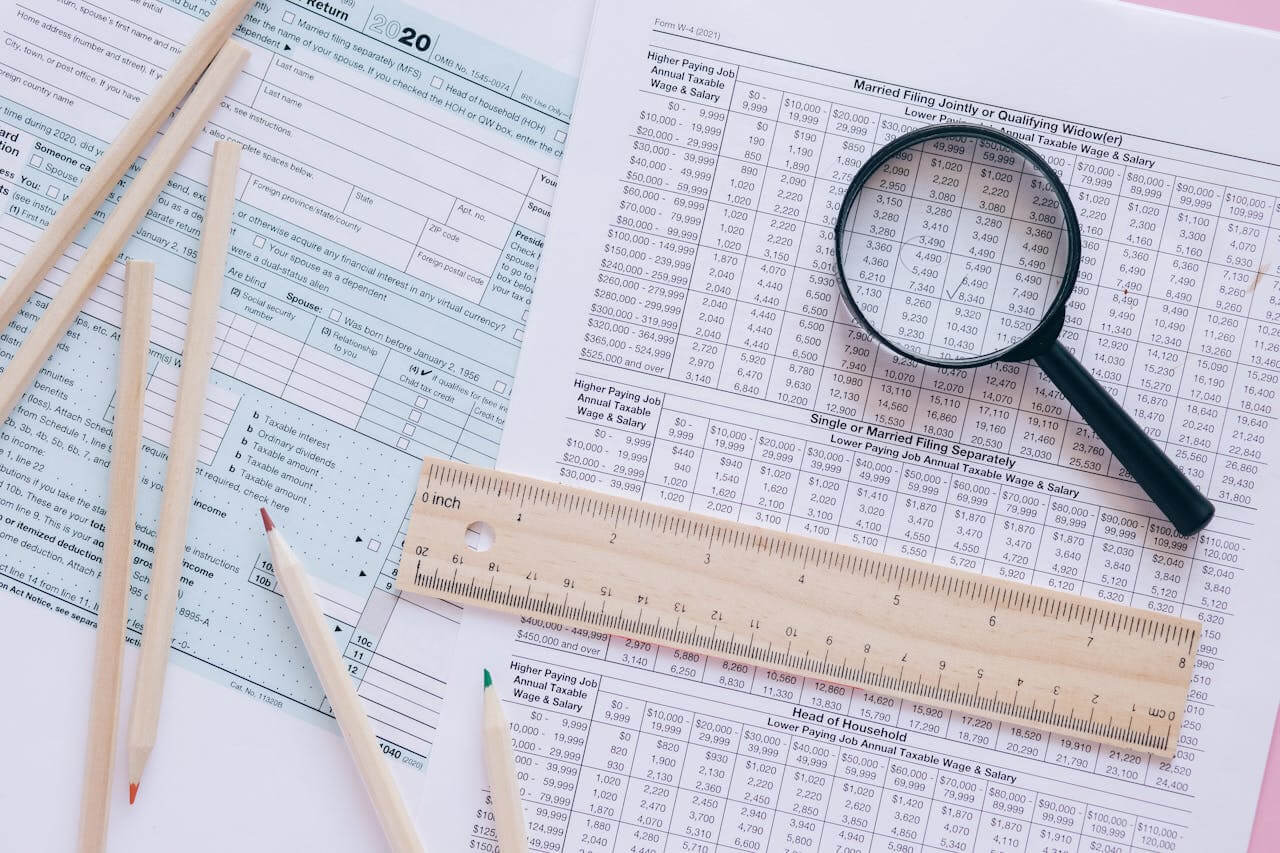The FBR in Pakistan has imposed measures regarding non-filers from the 1st of October 2024 and have put the following measures. These restrictions such as no purchase of property, no owning a car, and no foreign travels are intended to stretch out the tax base and improve on revenue mobilization. Nevertheless, the comprehensible long-run effects of these strategies can provoke controversies with respect to the economy, the business environment, and Constitutional rights of citizens.
Economic Consequences: Impact on Key Sectors
The first to feel the repercussions will probably be the property and the car industries. With regard to losses due to lock down the FBR proposes that non-filers shall not be allowed to purchase any property and vehicles so that they will be compelled to pay their taxes. However, this could lead to a slow down of these industries since not many people are in a position to undertake vital transaction.
Such changes may have especially an impact for Pakistan, on non-resident Pakistanis and those who earn below the threshold for taxes. Most of them are not under any obligation to submit returns, but the new regulations force them to undertake such processes, which complicates their transactions. This could in the end lower overall economic activity, the opposite of stimulating the economy. (economy, 2024)
Implications on Legal and Constitution Framework
However, the FBR’s actions have justice and legal implications which has not been discussed here but are of constitutional proportion. Article 23 part (1) of the Constitution of Pakistan states that every citizen shall have the right to – to acquire and hold property. But exclusion of the non-filers from the property market may not be regarded as reasonable, particularly, while the existing tools, such as withholding tax, offer the necessary details for the assessment of the taxes.
Also, under Article 4(c) a person cannot be forced to do something that the law does not demand or allow. This raises a crucial legal question: Is it legal for the FBR to compel people to file tax returns when in fact they do not fall under the requirement to do so? That is something like the questions that arose in 2018 when the law that restricts property buy from non-filers was given the boot in court by the Supreme Court (Haq, Punishing The Non-filers, 2024)
As these new restrictions start to be implemented, it is quite probable that there will be new legal cases on this issue and the policies could be reversed. This uncertainty presents great dangers to any business or an individual planning for future investments.
Erosion of trust and compliance
Although the FBR is aspiring to broaden the tax net, collection of penalties from non-filers could damage the public confidence in the tax system. This is outstanding since majority of the non-filers are actually people with incomes below the taxed income. Making them file returns and seeking to impose penalties may breed only hate and not compliance.
Civil realization may decline if the FBR is viewed as selective in apprehending the poor, yet turning a blind eye on tax offenders whose loopholes include exemptions and waivers from the rich or elite class who benefitted from such actions. (muadassir, 2024)
The Way Forward: A Balanced Approach to Reform
Despite focusing onto non-filers eradicating the FBR’s tactics may yield short-term revenues at the price of harming business environment and long-lasting development of trust as imperative for an efficient taxation system. The government should focus on amicable reviews of filing procedures and encouragement consistent tax compliance than penalties.
In the case of the FBR, it is possible to meet the objective of accurately identifying and holding liable taxpayers who earn taxable income by relying on technology.
Therefore, even though the FBR’s latest approaches may bring about goals within a given period, these measures continue to be precarious for Pakistan and the relationship between the taxpayer and the government. To address the lack of trust, unconstitutional collection and operation of taxes foreseen in the Constitution, and guarantee increased fairness for everyone, a more participatory tax reform is needed.
References
economy, b. a. (2024, may 27). Government likely to impose additional taxes on non-filers. Retrieved from english aj tv: https://english.aaj.tv/news/330362402/government-likely-to-impose-additional-taxes-on-non-filers
Haq, D. I. (2024, september 27). Punishing The Non-filers. Retrieved from friday times: https://thefridaytimes.com/27-Sep-2024/punishing-the-non-filers
muadassir, m. (2024, july 29). The Difference Between a Filer and a Non-Filer. Retrieved from paradigm shift: https://www.paradigmshift.com.pk/filer-and-non-filer/




